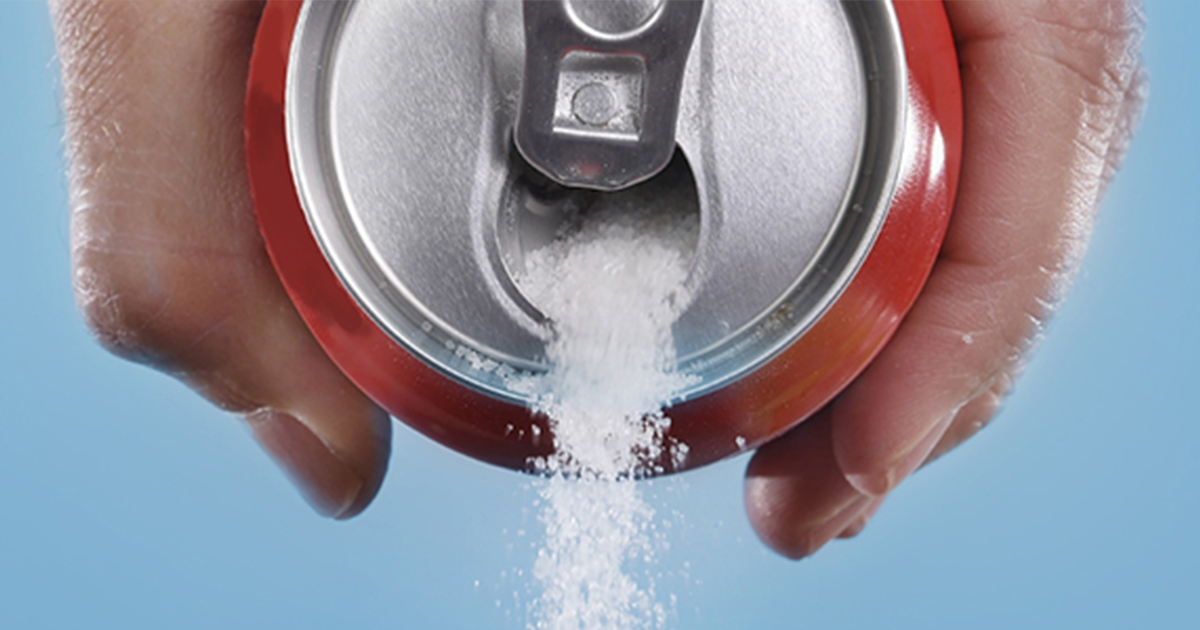Researchers have identified a two-fold increase in risk of diabetic ketoacidosis (DKA) in people with type 1 diabetes who moderately use cannabis.
That is according to a study of 932 adults with type 1 diabetes spanning 69 health centres across the United States.
DKA is a short-term complication of diabetes that can be life-threatening if not treated in time. DKA occurs if the body lacks sufficient insulin.
The research participants were quizzed in a survey about their use of drugs and whether they drank alcohol. A cannabis score was used to assess the results, starting with 0 for no use and ending at 33 for high use.
93% of participants reported zero or minimum cannabis use (a usage score of 0-3), and 7% participants had a moderate level of cannabis use (a score of 4-26).
The results showed that moderate use of cannabis was associated with a two-fold increase in risk of experiencing DKA.
The way the study was run means that it was only possible to identify an association between cannabis use and risk of DKA, and not a causal link. The study could not suggest why the increased risk of DKA may exist.
In these types of study, it is wise to consider associations from more than one viewpoint. One question is whether the use of cannabis may increase the risk of DKA in some people type 1 diabetes.
Alternatively, another factor to consider is whether those who are at greater risk of DKA for other reasons, are more likely to turn to cannabis use. For example, people with mental health difficulties or with existing diabetes complications may use cannabis as relief. Groups such as these, may already struggle with type 1 diabetes independently of their cannabis use.
The study here is interesting in identifying an association and the next step will be to explore which factors may be involved within the increased risk of DKA in cannabis users with type 1 diabetes.
The study is published online by the journal Diabetes Care.




